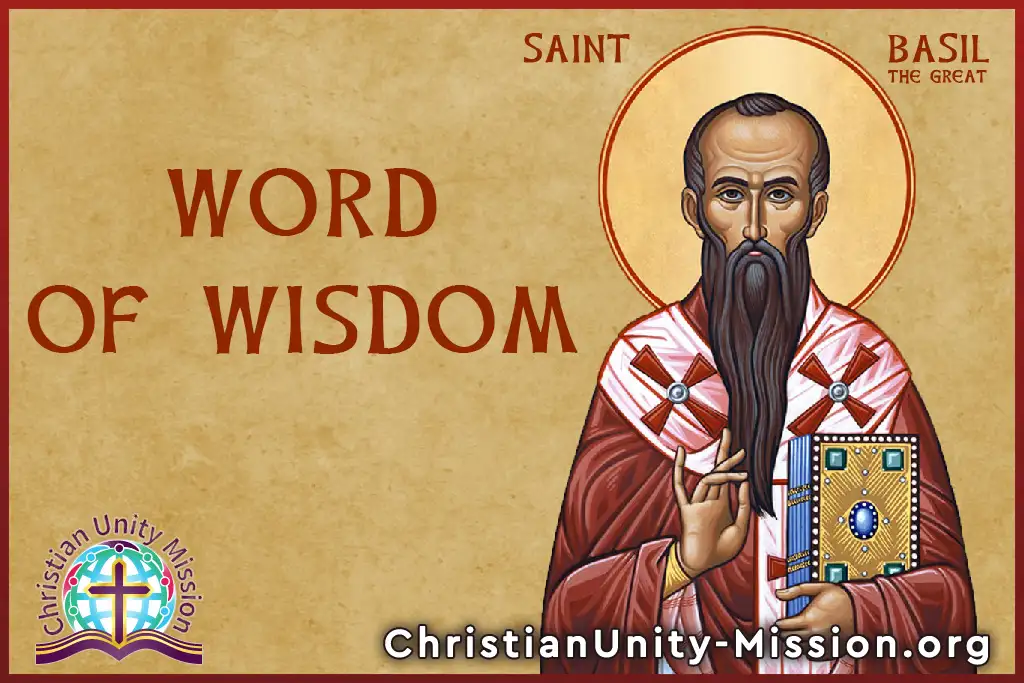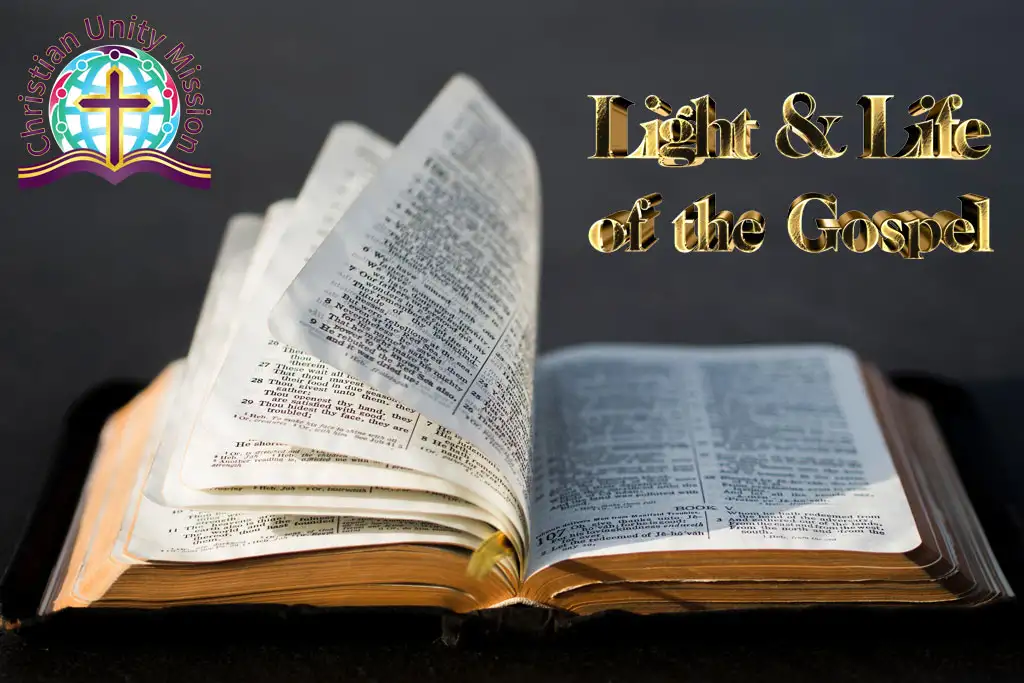
“Troubles are usually the brooms and shovels that smooth the road to a good man’s fortune; and many a man curses the rain that falls upon his head, and knows not that it brings abundance to drive away hunger.”

When Jesus Christ says in the Gospel of John, chapter fourteen, verse six, "I am the way, the truth, and the life. No one comes to the Father except through Me”, does He talk about our faith and belief in God the Father, or He is talking about us coming to the Heavenly Father which is more than just believing in God? Does Christ mean by coming to the Father, to believe in God and His prophet Moses and the rest of the prophets who prophesied about Him by the inspiration of the Holy Spirit? The Gospel answers frankly and clearly all these questions and tells us in the Gospel of John, chapter six, verses forty-six till fifty-one, that faith in God and his servant Moses does not lead to the purpose and the way to the Father God, and that the only way to the Father is Jesus Christ, “Not that anyone has seen the Father, except He who is from God; He has seen the Father. Most assuredly, I say to you, he who believes in Me has everlasting life. I am the bread of life. …. This is the bread which comes down from heaven, that one may eat of it and not die. I am the living bread which came down from heaven. If anyone eats of this bread, he will live forever; and the bread that I shall give is My flesh, which I shall give for the life of the world.” (Joh:6: 46,47,50,51)
What distinguishes Christianity as its purpose and the incarnation of Christ is man’s participation in the divine nature, which neither of the prophets could give or transfer to man. The question is, why is christ the only way to the Heavenly Father? Because none of the prophets has received the grace of participation in the divine nature. That is why the Heavenly Father sent His only begotten Son, Jesus Christ, embodied among us in the world, to abolish death with His life on the cross and to give us His resurrection to be partners of the divine nature with His grace and the gift of His Holy Spirit. “For we have become partakers of Christ if we hold the beginning of our confidence steadfast to the end.” (Hebrews:3-14.) Jesus became the path and the only way between earth and heaven so that we may come to the Father and unite with Him through Jesus Christ. “No one has ascended to heaven but He who came down from heaven, that is, the Son of Man who is in heaven.” (John 3:13.)
Many believe in Christ and continue to attend the Church every Sunday without realizing up till this hour that the purpose of the Christian life is to unite with God the Father through Jesus Christ, His Son, in the Holy Spirit. “through the knowledge of Him who called us by glory and virtue, by which have been given to us exceedingly great and precious promises, that through these you may be partakers of the divine nature, having escaped the corruption that is in the world through lust.” (2Peter 1:3-4). That is why their lives lack the power and glory of Christ and His predominance over evil spirits. Because they have not experienced it and may not have known it yet, they have not changed to the image of Christ, nor are they able to bear the fruitful testimony of Christ. “Let your light so shine before men, that they may see your good works and glorify your Father in heaven.” (Mathew:5-16).
Sisters and brothers, now is the time for everyone of us to discover the truth of the Gospel, which has long been absent from our eyes. We have to accept and receive the eternal life, God’s life, in us in the Holy Spirit. Christianity is not just a religion, with a list of commands that we must do in order to please God who is far away in heaven. Christianity is a life with God the Father and His Son, Jesus Christ, in the Holy Spirit. Our goal as Christians is to participate in His divine nature and be in His image and likeness. “And we know that the Son of God has come and has given us an understanding, that we may know Him who is true; and we are in Him who is true, in His Son Jesus Christ. This is the true God and eternal life.” (1John : 5-20)